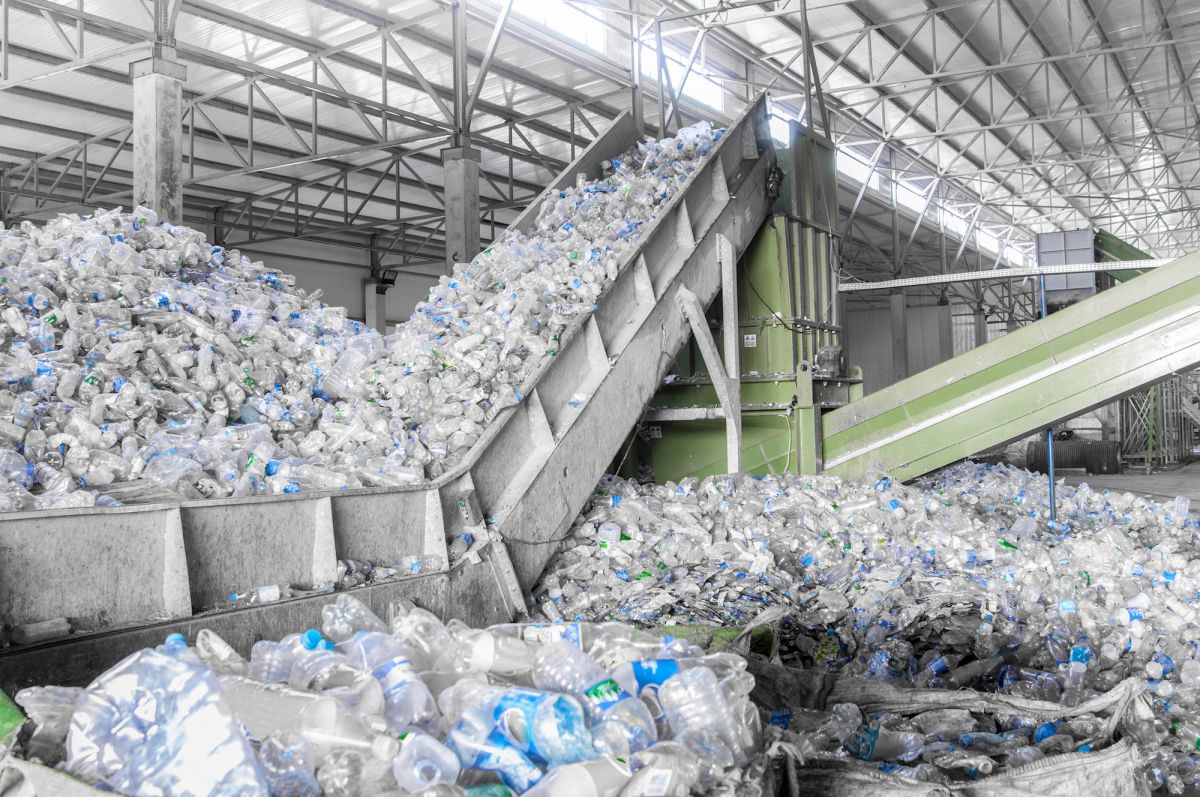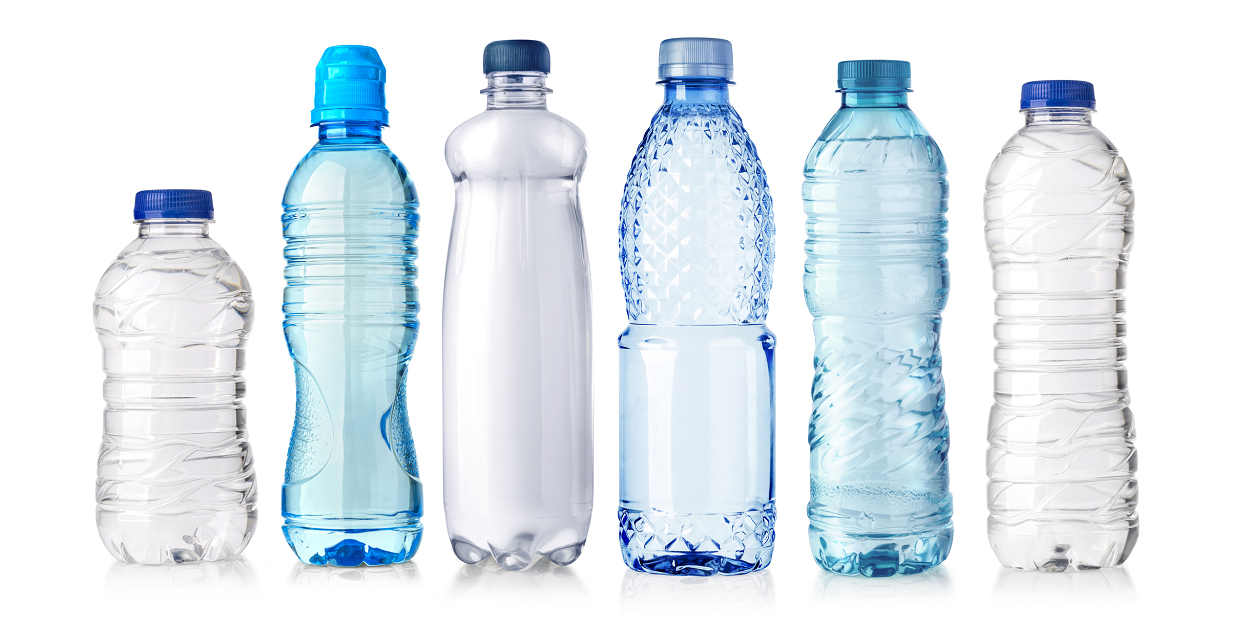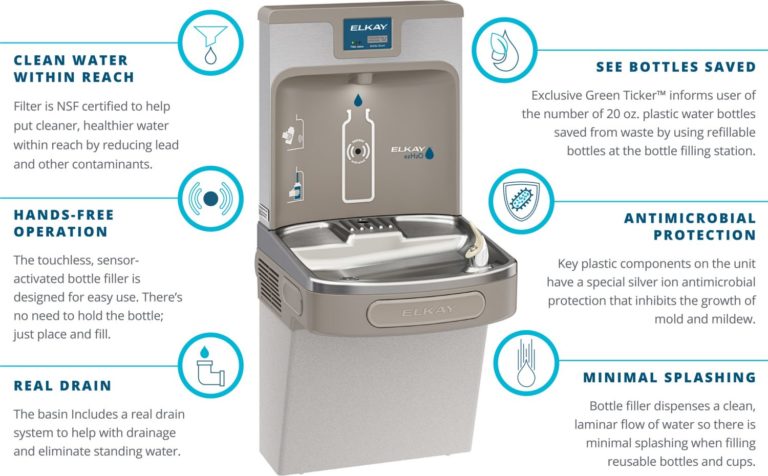For the third consecutive year Coca-Cola is named the biggest plastic polluter on the planet. As I wrote in this post, an audit conducted by Break Free From Plastic ranked Coke the most littered plastic in 51 countries. In fact, Coca-Cola is responsible for more plastic waste than two other big polluters, Pepsi and Nestlé combined.
So to combat the growing public outrage, Coca-Cola is rolling out plastic bottles made from 100% recycled plastic. The aim is to make plastic bottles from rPET (previously recycled PET) instead of virgin PET. While this may look like a step in the right direction, it’s actually not revolutionary in any way. Indeed most water companies have been using bottles made of 50, 75, or even 100 per cent rPET for years.
Though Coke says excitedly, this will cut its use of new plastic in North America by 20 per cent. Now this is supposed to be a global initiative, projected across ten long years, that’s it? Well they’re clearly impressed with themselves.
Do the folks at Coca-Cola think a move to rPET is the solution to the plastic problem? Or is it the path of minimal effort and cost to the beverage giant? I’d call it more of a pivot or step sideways. Naturally, it also serves as a terrific marketing tool for the soda industry at large. In addition to Coca-Cola, Pepsico and Keurig/Dr Pepper have partnered with American Beverage on the campaign Every Bottle Back. Together they pledge a measley $400m to improve collection, sorting and processing in regions with poor recycling infrastructure. The three corporates will also run a joint “awareness” campaign, aka adverts and place recycling labels on their new rPET bottles.
Self-serving much?
Unsurprisingly, the Every Bottle Back campaign coincides with the launch of Cokes dinky sized new bottle. According to Coke, the 13.2oz mini is a “more sippable package” created in response to customer requests. Now is it just me or does that sound like a bunch of bullshit?

THE TIME FOR INCREMENTAL CHANGE HAS PASSED
Here’s a crazy idea, instead of making more plastic, Coke and friends could put their formidable resources into researching new ways to package drinks. Design packaging that fits the cradle to cradle philosophy, harmless materials for a closed loop system. In the meantime, the people at Coke should get creative with refillable options and revert back to the less hazardous alternative of glass. Rather than recycling single-use plastic they could begin winding-up plastic production altogether. Shouldn’t the end goal be a world without unnecessary plastic? After all, recycling rPET is still damaging to human health as well as the environment. It’s still a petrochemical and it will still leach toxins. Plus there is no general consensus on how many times rPET can be recycled. Some experts say 4 – 10 times but is that good enough?
My feeling is, this campaign was designed to placate the public and simultaneously introduce another pointless product. This type of greenwashing is heavily disguised as progress – plastic recycling has proven ineffective to combat the massive amount of single-use plastic waste we create every day – Annoyingly, once again a big corporation puts the burden back onto its customer. Despite its claim, Coca-Cola is not taking responsibility for its enormous issue of waste just because it now uses rPET. A spokesperson for Coca-Cola said –
“Globally, we have a commitment to get every bottle back by 2030, so that none of it ends up as litter or in the oceans, and the plastic can be recycled into new bottles,”
I see a few problems with that statement. Getting every bottle back by 2030 is not going to cut it, even if it was possible. I’m sorry Coke Spokeperson but that comes off as juvenile or romantic at best. The truth is, Coke wants its customers to recycle every single plastic bottle they buy from them. Is that realistic in any way? What should customers do when they’re on the move and there’s no recycling bin? Will Coke provide every community with recycling bins?
According to a study by The American Association for the Advancement of Science up to 91% of all plastic ever produced has not been recycled. And what about contamination? International Bottled Water Association says contamination by consumers incorrectly recycling is a huge problem. IBWA also says rPET is more expensive than PET to process and in shorter supply due to lack of infrastructure. Apart from recycling inconsistencies, this doesn’t address the continued pollution caused by keeping a petrochemical product in a closed loop. Bad for the planet remains bad in a circular economy over and over.
If we truly want to eliminate single-use plastic, bottled drinks companies have to get real and come up with legitimate solutions. While citizens need to hold polluters accountable and refuse plastic bottles when possible. Because recycling plastic on this scale is just kicking the can down the road, it ultimately achieves little. Perhaps drinking from a can is the better alternative? CanO Water company seems to think so.
Sources: The Guardian | American Beverage | International Bottled Water Association











Comments ( 2 )
No Fear of Fashion
I think you are right. Unfortunately. Only when there is no other way out, will big companies who make this much money really change. They are smart enough to start researching and investing as they see that day is coming, but profit is still king.
Greetje
MT
Exactly! That is absolutely true Greetje which is why we need politicians who listen to the people when they make laws instead of doing what big corporations want. The good news is, we are seeing more politicians align with the Paris Agreement. Those lawmakers know we have a short window to make big changes and we simply cannot afford to play nice with plastic polluters. The worlds oceans are in grave danger so we now have The Blue New Deal dedicated to saving it, just like the Green New Deal but focused solely on oceans.
http://www.bluenewdeal.net/